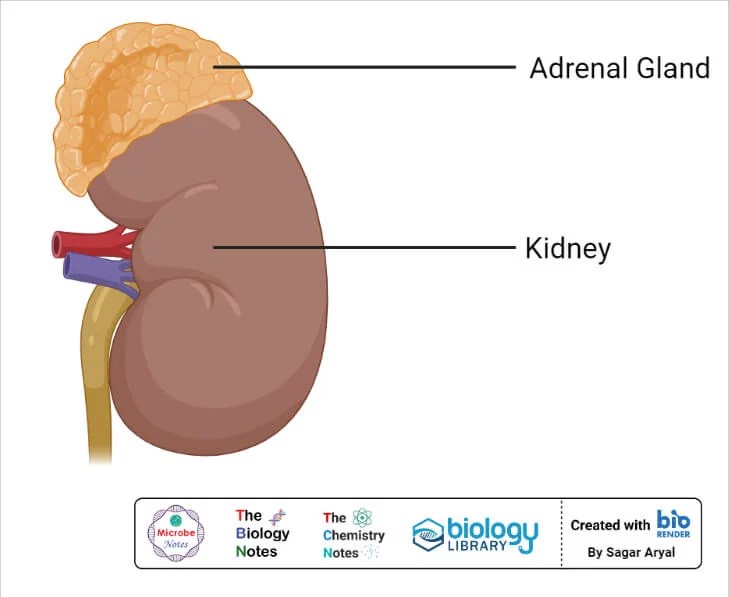An example of an endocrine gland is the adrenal gland which . Difference between endocrine and exocrine glands | human physiology · 1. The secretory products are enzymes, mucous and . An endocrine gland secretes its products, for example hormones, directly into the blood. The endocrine glands may be contrasted to the exocrine glands that also secrete hormones.

Exocrine gland are the duct glands.
Exocrine gland are the duct glands. Exocrine glands secrete their products directly into ducts, whereas endocrine glands release their products (hormones) into the bloodstream. The endocrine system works to regulate certain internal processes. Endocrine shouldn't be confused with exocrine. However, the exocrine glands (e.g. The exocrine gland sends their secretions through ducts directly to target organs of the body. Endocrine glands are ductless glands that release the hormones . There are two main types: An example of an endocrine gland is the adrenal gland which . Exocrine glands have one or more ducts that transport their secretions. The endocrine glands may be contrasted to the exocrine glands that also secrete hormones. Exocrine glands secrete substances onto an external or internal body surface, typically through a small . The secretory products are enzymes, mucous and .
An endocrine gland secretes its products, for example hormones, directly into the blood. There are two main types: An example of an endocrine gland is the adrenal gland which . Endocrine glands are ductless glands that release the hormones . The endocrine system works to regulate certain internal processes.

Exocrine glands have one or more ducts that transport their secretions.
An endocrine gland secretes its products, for example hormones, directly into the blood. Exocrine glands secrete their products directly into ducts, whereas endocrine glands release their products (hormones) into the bloodstream. There are two main types: An example of an endocrine gland is the adrenal gland which . The exocrine gland sends their secretions through ducts directly to target organs of the body. The endocrine system works to regulate certain internal processes. Endocrine glands are ductless glands that release the hormones . Endocrine shouldn't be confused with exocrine. Exocrine gland are the duct glands. The endocrine glands may be contrasted to the exocrine glands that also secrete hormones. The secretory products are enzymes, mucous and . Difference between endocrine and exocrine glands | human physiology · 1. However, the exocrine glands (e.g.
The endocrine glands may be contrasted to the exocrine glands that also secrete hormones. Exocrine glands secrete substances onto an external or internal body surface, typically through a small . Exocrine gland are the duct glands. Exocrine glands secrete their products directly into ducts, whereas endocrine glands release their products (hormones) into the bloodstream. An example of an endocrine gland is the adrenal gland which .

Exocrine glands secrete substances onto an external or internal body surface, typically through a small .
Endocrine shouldn't be confused with exocrine. Exocrine glands secrete substances onto an external or internal body surface, typically through a small . Exocrine glands secrete their products directly into ducts, whereas endocrine glands release their products (hormones) into the bloodstream. The exocrine gland sends their secretions through ducts directly to target organs of the body. The secretory products are enzymes, mucous and . Exocrine gland are the duct glands. There are two main types: However, the exocrine glands (e.g. The endocrine system works to regulate certain internal processes. An example of an endocrine gland is the adrenal gland which . Endocrine glands are ductless glands that release the hormones . Exocrine glands have one or more ducts that transport their secretions. An endocrine gland secretes its products, for example hormones, directly into the blood.
Endocrine And Exocrine Glands Definition - Endocrine Vs Exocrine Gland Defintion Functions And Differences -. Exocrine gland are the duct glands. Difference between endocrine and exocrine glands | human physiology · 1. The secretory products are enzymes, mucous and . There are two main types: Exocrine glands have one or more ducts that transport their secretions.

Tidak ada komentar:
Posting Komentar